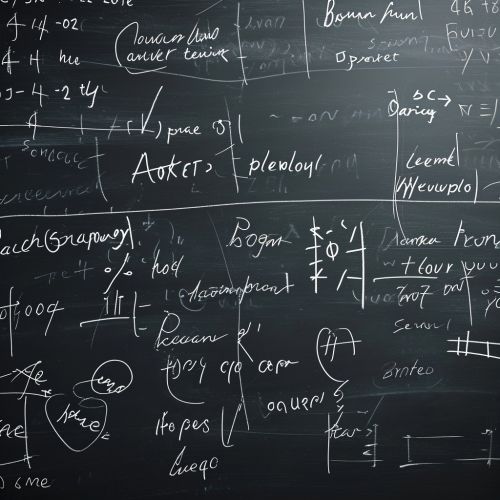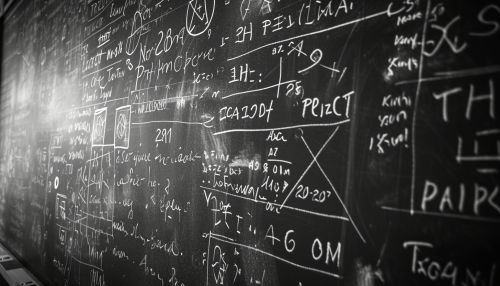Proof Theory
Introduction
Proof theory is a branch of mathematical logic that represents proofs as formal mathematical objects, facilitating their analysis by mathematical techniques. Proofs are typically presented as inductively-defined data structures such as plain lists, boxed lists, or trees, which are constructed according to the axioms and rules of inference of a logical system.


Historical Background
The development of proof theory is closely associated with the work of David Hilbert, who initiated the formal study of mathematical proofs in the early 20th century. Hilbert's program aimed to secure the foundations of mathematics by proving that all mathematical truths can be derived from a finite set of axioms using purely syntactic methods. This ambitious project was partly motivated by the paradoxes of set theory and the desire to eliminate infinitary methods from mathematics.
Structural Proof Theory
Structural proof theory is a subfield of proof theory that studies the structure of proofs with the tools of universal algebra and category theory. It focuses on the general structure of proofs, independent of any specific logical system, and develops general results about the structure of proofs that apply to many different logical systems.
Ordinal Analysis
Ordinal analysis is a branch of proof theory that assigns ordinals to mathematical proofs. The goal of ordinal analysis is to measure the "complexity" or "strength" of a proof in terms of the size of the ordinals that it involves. This approach has been used to prove important results about the relative consistency of different mathematical theories.
Proof-Theoretic Semantics
Proof-theoretic semantics is an approach to the semantics of logic that is based on the notion of proof, in contrast to model-theoretic semantics, which is based on the notion of model. In proof-theoretic semantics, the meaning of a logical formula is identified with the set of proofs that establish it.
Automated Theorem Proving
Automated theorem proving, also known as automated deduction, is a subfield of artificial intelligence and mathematical logic that focuses on the development of computer programs that can generate proofs of mathematical theorems. Automated theorem proving has applications in formal verification, computer algebra, and artificial intelligence.
